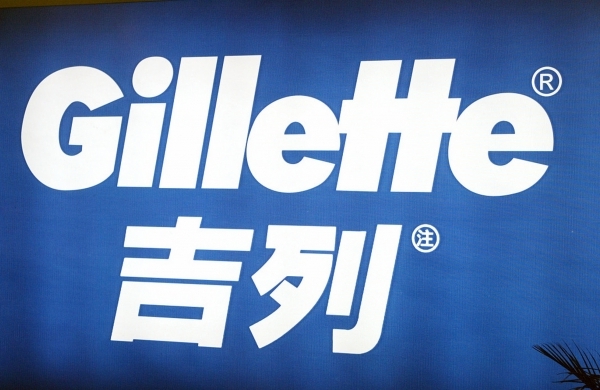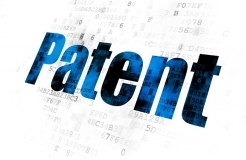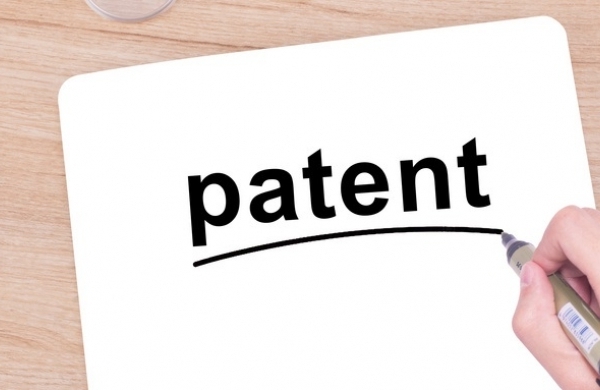Did not receive verification mail? Please confirm whether the mailbox is correct or not Re send mail

IPR Daily
- 2022-05-19 14:36:46
Case Leaning Against Sci-Hub, Says Delhi High Court
Elsevier has published over 2,700 digitised journals, including Grays Anatomy and The Lancet, and had a database of over 40,000 ebooks
Wiley Periodicals has a repository of 2,00,000 articles across various journals
American Chemicals Society has more than 60 peerreviewed journals
-January 2021: The Delhi High Court allowed civil society organisations to become intervenors in the copyright case.
February 2021: In their intervening applications, the DSF and SKC said that the availability of scientific materials on the two websites amounted to "fair dealing" for purposes of research, and was therefore not liable for copyright infringement.
November 2021: Seven social science researchers file another intervention application calling LibGen "one of the primary sources for the development of social sciences in the country."
The right to reproduce the Original Works in any material form, including the storing of it in any medium by electronic or other means
The right to issue copies of the Original Works to the public not being copies already in circulation
The right of communicating the Original Works to the public
"I am ready to (issue a) decree and it will not be good for you, it will be against you," the Delhi High Court said to lawyers representing Sci-Hub, an online repository of pirated academic papers, while hearing a lawsuit filed by three publishers of scientific journals and articles – Elsevier, Wiley, and American Chemical Society (ACS) – on May 13.
Sci-Hub's counsel Nilesh Jain challenged the plaintiffs' claims that it has a copyright of the material that is hosted on Sci-Hub – a new turn in the case. But Amit Sibal, the counsel for the publishers, pointed out that Sci-Hub had not amended their written statement (containing the rebuttal arguments of the parties that have been sued).
Noting that Sci-Hub's counsel was young, a single-judge bench comprising Justice Jyoti Singh suggested that the defendant amend their written statement before the next hearing on July 25.
In December last year, the three publishers filed a lawsuit against SciHub and LibGen in the Delhi High Court accusing them of violating their copyright protections of academic material. LibGen has so far not made an appearance in the hearings since. But the case against the two websites has been deemed a matter of public importance by the Delhi Science Forum (DSF) and the Society for Knowledge Commons (SKC) who have said that Indian law does not allow profiting off of scientific knowledge.
What arguments were put forth in the hearing?
Plaintiffs are leading publishers ofacademic literature: "The plaintiffs are the leading publishers of books, periodicals, articles," Sibal said. He further added that:
Sci-Hub is a repeat offender: Sibal alleged that Sci-Hub and LibGen violated the publishers' copyright by making materials available through 'hacking'. He also said that the site has already been banned in 11 jurisdictions.
Publishers' copyright claim is questionable: Under Section 19 of the Copyright Act, when publishers and authors sign a contract, they need royalty and any other consideration, according to Sci-Hub. But the agreements that the plaintiffs have don't show any consideration or royalty with authors bringing into question the copyright claim, SciHub argued in court.
Sci-Hub was against the Copyright Act: "The website's stance is that the copyright act is an impediment," Sibal said during the hearing. Until this hearing, Sci-Hub had not challenged the publishers' claim of copyright over the academic material uploaded on the site, he argued.
Access to documents received recently: Sci-Hub reasoned that it was only now raising objections on grounds of copyright because it only recently gained access to the agreements which was submitted to the court under sealed cover.
What has happened in the case so far
- December 2020: At the first hearing, the Delhi High Courtpassed an order barring SciHub from uploading any new articles copyrighted by the three publishers on its website. The court did not direct the removal of the existing content on Sci-Hub. In response to the lawsuit, the All India People’s Science Network (AIPSN) issued a statement:
"Most of whose research would come to a halt if this case by the robber barons of the publishing industry succeeds. It is the future of research in India that is at stake, not Alexandra Elbakyan or Sci-Hub's future. AIPSN demands that the monopolistic model of access to knowledge be given up and the process of free access to knowledge by the public accepted."— AIPSN statement
Last year, Twitter permanently suspended Sci-Hub's account. The website's founder Alexandra Elbakyan told MediaNama that Twitter cited a violation of its counterfeiting policy as the reason for the permanent suspension.
Publishers call for a ban in lawsuit
The lawsuit urged the Delhi High Court to order a block on the websites of Sci-Hub and LibGen in India as well as any mirror or redirecting sites that they may set up to circumvent the block on their main sites. The lawsuit also names Bharti Airtel, BSNL, Hathway, Jio, Ministry of Electronics and Information Technology (MeitY), and the Department of Telecommunications (DoT), in order to ensure compliance if a blocking order is issued by the court.
According to the lawsuit, Sci-Hub and LibGen have infringed or violated the following "exclusive rights" of the publishers under Section 14 (of the Copyright Act, 1947):
LibGen: It was founded by individuals who "expressly reject copyright laws and unashamedly promote their illegal activities", the publishers alleged in the lawsuit. LibGen claims to provide access to over 84 million journal articles and 2.8 million textbooks, as per the lawsuit. Further, it obtains 3,500 new Elsevier-published articles every day on an average, as of 2015.
Sci-Hub: The website disregards copyright law by calling itself "the first pirate website" to provide mass access to millions of journals, the lawsuit said. On Sci-Hub, users can simply access an article by entering its DOI, a unique identifier assigned to articles contained in the PubMed database.
Source: medianama.com
Editor: IPR Daily-Selly
- I also said the two sentence
- Also you can enter 140words
 Chang Tsi Secures Victory for Gillette in Trade Dress Protection Lawsuit
Chang Tsi Secures Victory for Gillette in Trade Dress Protection Lawsuit Government Signals Potential Shift Toward Preliminary Injunctions in Patent Infringement Cases
Government Signals Potential Shift Toward Preliminary Injunctions in Patent Infringement Cases District Court Issues AI Fair Use Decision: Using Copyrighted Works To Train AI Models Is Fair Use, but Using “Pirated” Copies To Build a Central Library Is Not
District Court Issues AI Fair Use Decision: Using Copyrighted Works To Train AI Models Is Fair Use, but Using “Pirated” Copies To Build a Central Library Is Not Patent Case Summaries | Week Ending June 13, 2025
Patent Case Summaries | Week Ending June 13, 2025


